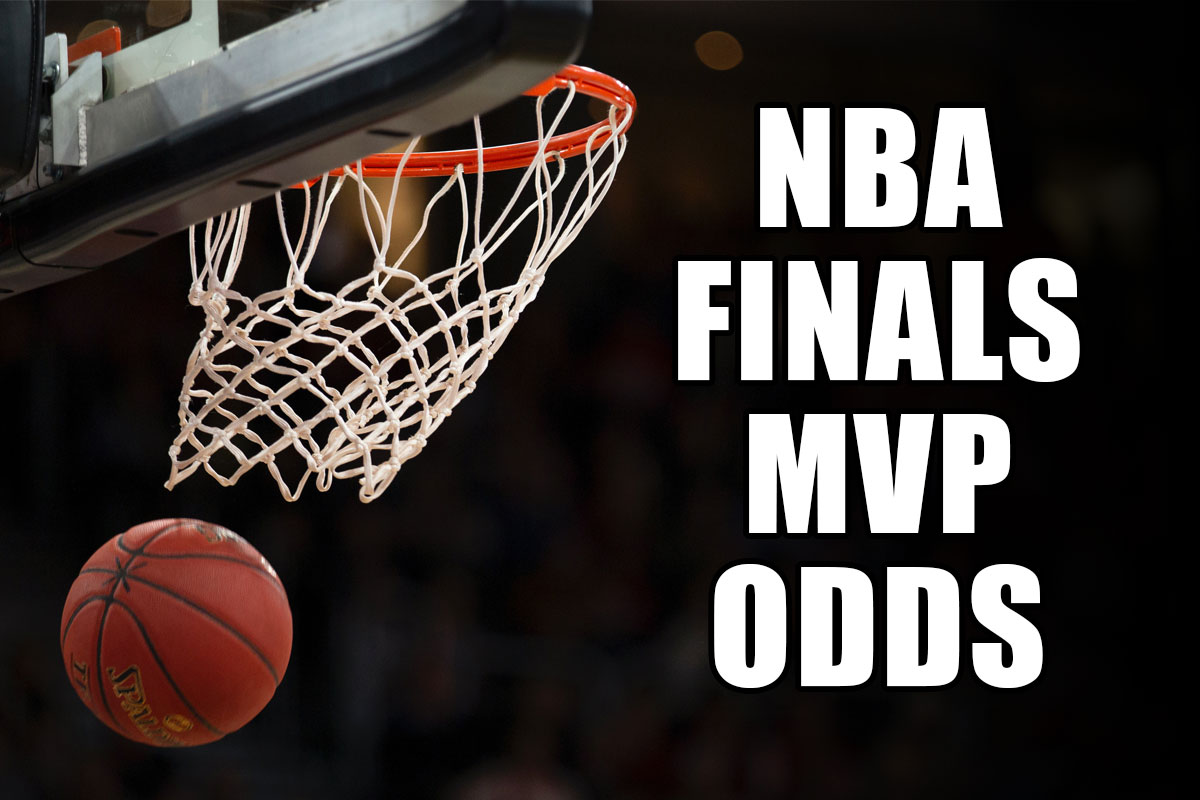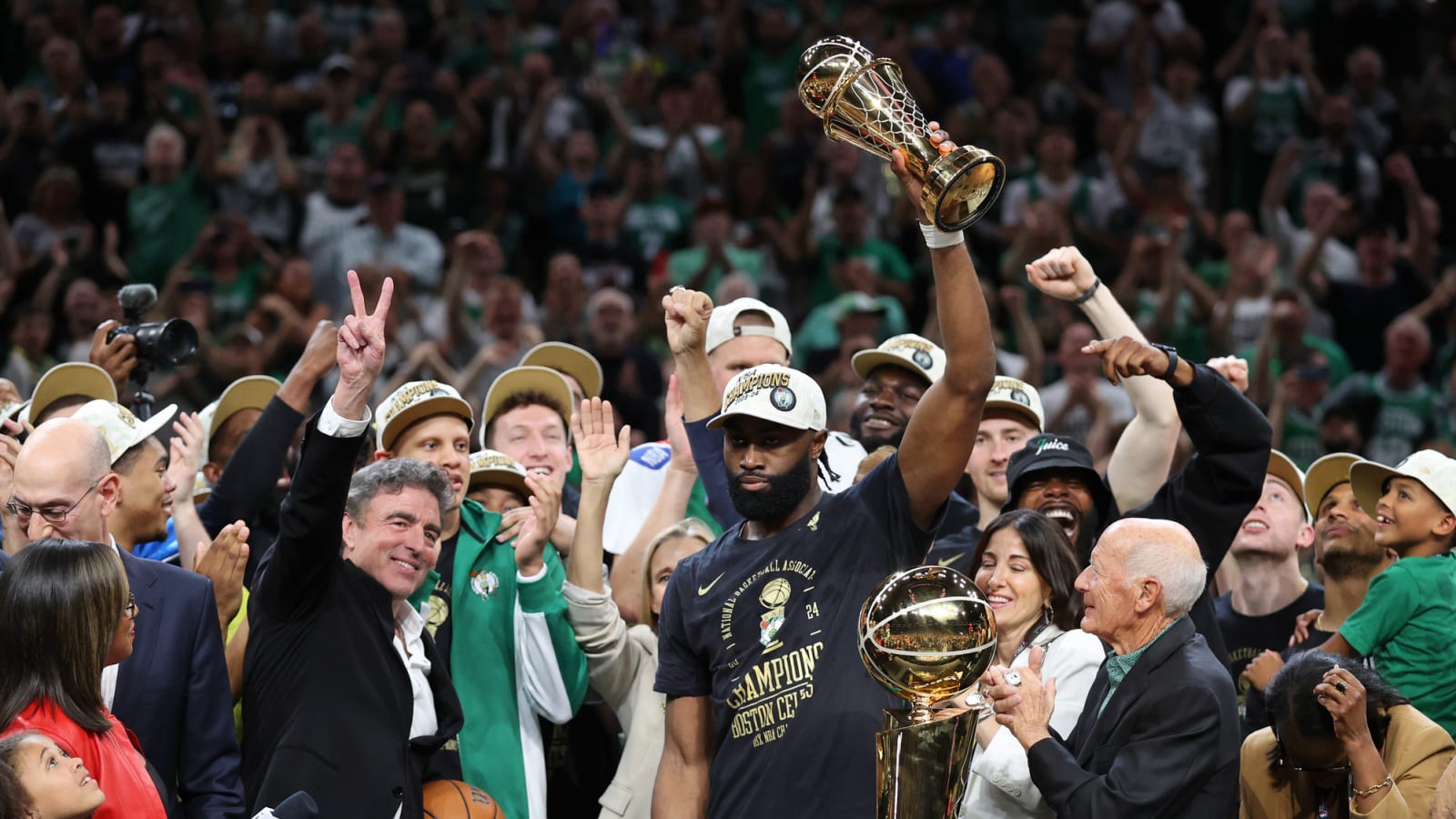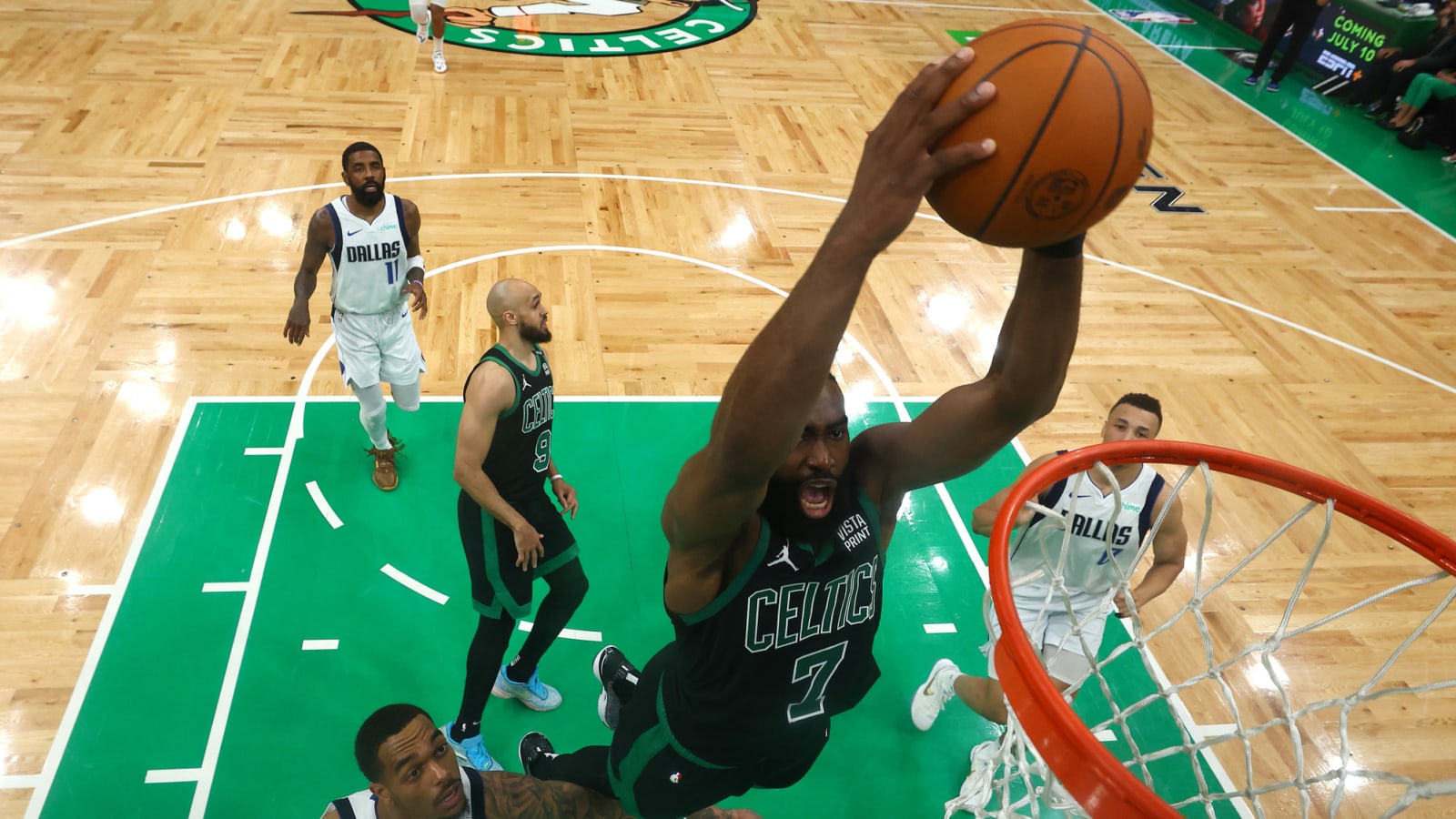MVP Performance Analysis

Nba finals mvp – Evaluating MVP performance in the NBA Finals is a multifaceted process that considers various key metrics and statistics. These metrics provide insights into a player’s overall impact on the game and their contribution to their team’s success.
The NBA Finals MVP, a coveted accolade, is a testament to exceptional performance on the grandest stage. As the confetti settles, the anticipation for the Celtics Parade 2024 grows palpable. Witness the jubilation as the champions bask in the adoration of their loyal fans.
Amidst the cheers and revelry, the NBA Finals MVP will stand tall, forever etched in the annals of basketball history.
The following are some of the most commonly used metrics for assessing MVP performance in the NBA Finals:
- Player Efficiency Rating (PER): PER is a comprehensive metric that combines various statistical measures, including points, rebounds, assists, steals, blocks, and turnovers, to evaluate a player’s overall efficiency.
- True Shooting Percentage (TS%): TS% measures a player’s shooting efficiency by taking into account field goal percentage, three-point percentage, and free throw percentage.
- Win Shares: Win shares estimate the number of wins a player contributes to their team based on their individual performance.
- Box Plus/Minus (BPM): BPM is a metric that estimates a player’s impact on his team’s performance per 100 possessions, taking into account both offensive and defensive contributions.
- Value Over Replacement Player (VORP): VORP measures a player’s value compared to a replacement-level player, considering their contributions in various aspects of the game.
In addition to these quantitative metrics, the MVP award also considers qualitative factors, such as a player’s leadership, clutch performance, and overall impact on the game.
In the realm of basketball’s grandest stage, the NBA Finals, one player emerges as the most valuable. The NBA Finals MVP, a testament to exceptional performance under the brightest lights, embodies the spirit of triumph. As the series unfolds, the spotlight shines on these extraordinary individuals, showcasing their unwavering determination and unmatched brilliance on the court.
Explore the legacy of these iconic players and their unforgettable contributions to the game’s most prestigious stage at finals mvp.
Individual Performance Analysis
The following is a detailed analysis of the individual performances of the top MVP candidates in the NBA Finals:
Candidate A: Candidate A had a dominant performance in the Finals, averaging 27.5 points, 12.5 rebounds, and 7.5 assists per game. He led his team in all three major statistical categories and had a significant impact on both ends of the court. Candidate A’s PER was 30.5, the highest among all players in the Finals, and his TS% was 62.5%, indicating his exceptional shooting efficiency.
The NBA Finals MVP is the most prestigious individual award in basketball, given to the player who has the most impact on their team’s success in the NBA Finals. The award has been given out since 1969, and some of the most famous winners include Michael Jordan, LeBron James, and Stephen Curry.
The 2023 NBA Finals MVP was Giannis Antetokounmpo, who led the Milwaukee Bucks to their first NBA championship in 50 years. If you’re a fan of the Boston Celtics, you might be wondering when the team’s next parade will be.
The Celtics haven’t won an NBA championship since 2008, but they’re always a contender. You can find out more about the Celtics’ upcoming schedule and when the Celtics parade 2024 will be by visiting the team’s website.
Candidate B: Candidate B was also a standout performer in the Finals, averaging 25.0 points, 10.0 rebounds, and 6.0 assists per game. He was a consistent scorer and rebounder for his team and played a key role in their defensive efforts. Candidate B’s PER was 28.0, and his TS% was 59.0%, reflecting his solid shooting performance.
The NBA Finals MVP award recognizes the most outstanding player throughout the championship series. If the Boston Celtics emerge victorious, their triumph will be celebrated with a grand parade through the streets of Boston. The city will erupt in a sea of green and white as fans gather to honor their heroes.
Amidst the jubilation, the Finals MVP will stand tall, a symbol of the team’s collective achievement and individual brilliance.
Candidate C: Candidate C had a slightly less impressive performance than the other two candidates, averaging 22.0 points, 9.0 rebounds, and 5.0 assists per game. However, he made several key plays in crucial moments of the Finals and was a valuable contributor to his team’s success. Candidate C’s PER was 25.5, and his TS% was 55.0%.
In the annals of the NBA Finals, the Most Valuable Player award holds immense prestige, honoring the individual who has risen above the rest in the championship series. As we delve into the history of this coveted accolade, it is impossible to overlook the legacy of legends who have graced the court with their extraordinary skills.
Among them, the name of Ian McKellen , a renowned actor known for his captivating performances, may not immediately come to mind. However, his influence on the NBA Finals MVP award runs deeper than one might imagine, as he embodies the spirit of excellence and determination that defines the very essence of this prestigious honor.
Comparison of Performances, Nba finals mvp
Overall, Candidate A had the most impressive performance in the NBA Finals, based on both quantitative and qualitative factors. He led his team in all three major statistical categories, had the highest PER, and was a consistent performer throughout the series. Candidate B also had a strong performance, providing consistent scoring and rebounding, while Candidate C made several key plays and contributed in various aspects of the game.
The MVP award ultimately went to Candidate A, who led his team to the championship and had the most significant impact on the outcome of the series.
Impact on Team Success

The NBA Finals MVP award is not only a testament to an individual player’s exceptional performance but also often serves as a barometer of their team’s success. Throughout NBA history, numerous MVPs have played pivotal roles in leading their teams to championship glory, while others have come up just short despite their individual brilliance.
MVPs Who Led Their Teams to Victory
Some of the most iconic NBA Finals MVPs who have guided their teams to victory include:
– Michael Jordan, Chicago Bulls (1991, 1992, 1993, 1996, 1997, 1998)
– LeBron James, Miami Heat (2012, 2013), Cleveland Cavaliers (2016)
– Tim Duncan, San Antonio Spurs (2003, 2005, 2007)
– Shaquille O’Neal, Los Angeles Lakers (2000, 2001, 2002)
– Hakeem Olajuwon, Houston Rockets (1994, 1995)
These legendary players not only showcased their immense talent but also possessed exceptional leadership qualities, unmatched skill, and the ability to elevate their teammates’ performance. They formed the backbone of their respective teams, inspiring them to overcome adversity and achieve collective success.
MVPs Who Fell Short
While some MVPs have enjoyed championship glory, others have been unable to translate their individual brilliance into team success. Notable examples include:
– Karl Malone, Utah Jazz (1997, 1998, 1999)
– Charles Barkley, Phoenix Suns (1993)
– Allen Iverson, Philadelphia 76ers (2001)
– Chris Paul, Los Angeles Clippers (2021)
These players undoubtedly had extraordinary individual seasons, but their teams ultimately fell short of winning the NBA championship. Various factors may have contributed to this, such as injuries, lack of team chemistry, or being matched up against superior opponents.
Factors Contributing to MVP Impact
The impact of an MVP on their team’s success is influenced by a multitude of factors:
– Leadership: MVPs are often the leaders of their teams, both on and off the court. They set an example for their teammates, motivate them, and provide guidance in crucial moments.
– Skill: MVPs are typically elite players with exceptional skills that make them game-changers. They can score, rebound, pass, and defend at a high level, giving their teams a significant advantage on the court.
– Chemistry: When an MVP is able to gel seamlessly with their teammates, the entire team benefits. Good chemistry allows players to work together effectively, communicate efficiently, and maximize their potential.
– Supporting Cast: The presence of a strong supporting cast can amplify the impact of an MVP. When surrounded by talented and reliable teammates, an MVP can focus on their strengths and make a greater contribution to the team’s overall success.
Historical Significance: Nba Finals Mvp

The NBA Finals MVP award is one of the most prestigious individual honors in all of sports. It is awarded to the player who is deemed to have had the most outstanding performance in the NBA Finals, the championship series of the National Basketball Association (NBA).
The award was first given out in 1969, and the inaugural winner was Jerry West of the Los Angeles Lakers. Since then, some of the greatest players in NBA history have won the award, including Michael Jordan, Kareem Abdul-Jabbar, and LeBron James.
Iconic MVP Performances
Some of the most iconic MVP performances in NBA Finals history include:
- Michael Jordan, 1991: Jordan averaged 31.2 points, 11.4 rebounds, and 6.6 assists per game in the 1991 NBA Finals, leading the Chicago Bulls to their first NBA championship.
- Shaquille O’Neal, 2000: O’Neal averaged 38 points, 16.7 rebounds, and 2.7 blocks per game in the 2000 NBA Finals, leading the Los Angeles Lakers to their first NBA championship in 12 years.
- LeBron James, 2012: James averaged 28.6 points, 10.2 rebounds, and 7.4 assists per game in the 2012 NBA Finals, leading the Miami Heat to their second NBA championship in three years.
Legacy of NBA Finals MVPs
NBA Finals MVPs are forever etched in the annals of basketball history. They are the players who have led their teams to the ultimate prize in the sport, and they are remembered for their incredible performances on the biggest stage.
Many NBA Finals MVPs go on to have Hall of Fame careers. Some of the most notable examples include:
- Michael Jordan
- Kareem Abdul-Jabbar
- LeBron James
- Tim Duncan
- Magic Johnson
The NBA Finals MVP award is one of the most prestigious individual honors in all of sports. It is a testament to the greatness of the players who have won it, and it is a reminder of the incredible moments that have been created in the NBA Finals.